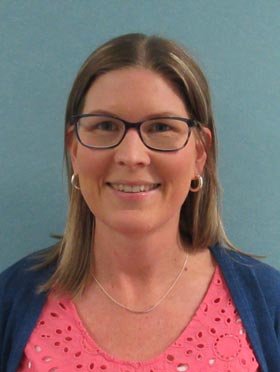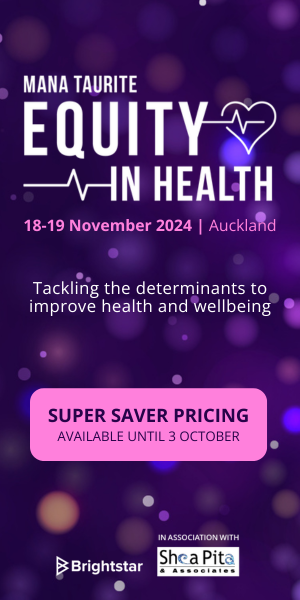
In December, Minister of Health Andrew Little announced $544 million of “operational funding” for costs such as intensive care unit (ICU) staffing. Little said he asked district health boards (DHBs) to find ways to boost ICU capacity – such as converting unused wards.
“Cabinet has earmarked $100 million of capital funding from the COVID-19 response and recovery fund to accelerate these ICU projects.”
The first hospitals to receive money were North Shore, Tauranga and Christchurch. The Government approved $65 million for a new six-bed ICU facility at Waitakere Hospital, along with two negative-pressure rooms and a new 30-bed ward.
There were about 100 ICU beds available in Auckland alone, and the ability to surge to about 550 “ICU-type” beds across the country if needed, he said.
College of Critical Care Nurses chair Tania Mitchell, part of the Ministry of Health’s (MoH) critical care sector advisory group, said the group had not yet seen the cabinet paper on the proposal, so was not aware of spending details.
However, any investment in critical care infrastructure and staff was “definitely positive”, she said.
“These are things we have been asking for, so it’s good news.”
Outside of Tauranga, Christchurch and Waitakere, it was not yet clear where the Government planned to invest the cash.
“But it is positive and does go towards filling some of the gaps that exist in intensive care capacity and across the workforce.”
Nurses were prepared to live and work with COVID-19 in the community, with “nervous anticipation” about what that would be like.
“We are preparing for COVID being endemic, with widespread community transmission,” she said. “We’ll be living with COVID, rather than having surges.” Building infrastructure and workforce took time, after being run down for so many years.
“There is a national shortage of nurses and intensive care nurses and the solution for that is not straightforward.”
The college was also working with the MoH on making it easier for expatriate Kiwi nurses to return home from early 2022, she said.
Meanwhile nurses in Auckland DHBs were sceptical about the state of the system.
NZNO organiser Sarah Barker said the country was being told the health system was well-placed to handle a COVID-19 surge.
“That might be what DHB executives are reporting, but Auckland nurses say they’re already dealing with caseloads they can’t handle.”
Processes to reprioritise less urgent care were not being used, and staffing shortages were unaddressed.
“I am really concerned that the Government is telling the people we can handle a COVID surge when the reality is we have 1000 health care worker vacancies across the Auckland region.”



